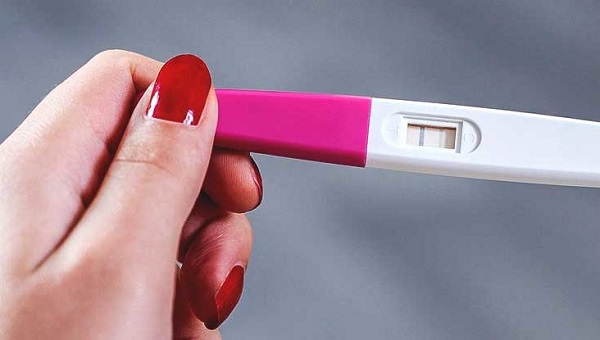In the past few decades, there has been a major shift in the pattern of childbirth. More women are opting for getting pregnant later due to their careers or late marriage.
Although it is completely a personal choice when to have a baby, the fact remains that our reproductive system does not work according to our will. When we are young it is much easier to conceive as compared to the late 30s and 40s. In the article, we will tell you how the reproductive system works and what are your chances of conceiving at every age.
How do women’s reproductive systems work?
Women are born with a fixed number of eggs. There are about 1 to 2 million eggs at the time of birth and those are all eggs one has for the lifetime. By the time a girl attains puberty only 300,000 eggs are left in ovaries. Out of these remaining eggs, not all are healthy to get fertilised.
Besides, human reproduction isn't super-efficient. In a month, there is a window of one week before ovulation where the chances of getting pregnant are high. Even if you dedicate that one week to conceiving a baby, there is no guarantee that you would be successful.
If that is not enough, then both women and men fertility rate decreases with age. Some women enter menopause early in their late 40s which also lower their chance of conceiving in the late 30s.
READ ALSO: I married my best friend’s husband and I regret it every single day
The early 20s
A woman's fertility is at a peak in her early 20s. About 90 per cent of the eggs present in the ovaries are chromosomally normal, which increases the chances of conceiving babies. Studies suggest that the average fertility rate peaks at the age of 24. A healthy woman at this age has about a 1 in 4 chance of getting pregnant during a single menstrual cycle.
Post 25
From age 25 to 34, the fertility rate declines by about 10 per cent. After trying for a year, the chance of conceiving is 86 per cent. Besides, the risk of miscarriage in this phase is comparatively high than in the early 20s. Worry not, you may not get pregnant immediately, but if you keep actively trying for 12 months, you might be successful.
The early 30s
The early 30s are still a good period to get pregnant. The risk of miscarriage rises to 20 per cent in this period, but there are also 80 per cent chances of conceiving after trying for a full year. To avoid any unfortunate event it is better to stay in touch with your doctor.
Post 35
Before age 37 is considered a good time to get pregnant. Data suggest that most women have 78 per cent of getting pregnant in a year before 37. However, some women may face difficulty as the fertility rate declines. There may still be plenty of eggs in the ovaries, but their quality might not be good. Also, there is a greater risk of miscarriage. See your gynaecologist at regular intervals. You can also opt for in vitro fertilization (IVF) to have a baby.
This is also a good phase to freeze your eggs if you are planning to conceive in the 40s and 50s.
After 40
After hitting the mark of 40, both the quality and quantity of the egg goes down. Even if you do conceive, the risk of miscarriage, premature birth and other pregnancy-related complications increases. 90 per cent of a woman's eggs are chromosomally abnormal in this phase. Besides, some even reach the pre-menopausal phase where the chance of getting pregnant drops down to 5-10 per cent. If you are facing too much trouble, the best way to conceive a baby is through IVF. This process of fertilisation is safe, and the success rate is also high.
The bottom line
Just like women, men's fertility also declines with age. Both have an equal role to play in getting pregnant. Besides, factors like dietary choices, level of physical activity and lifestyle choices can also influence your chance of conceiving.
Â
Source:Â timesofindia





